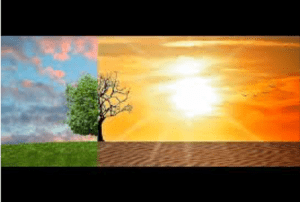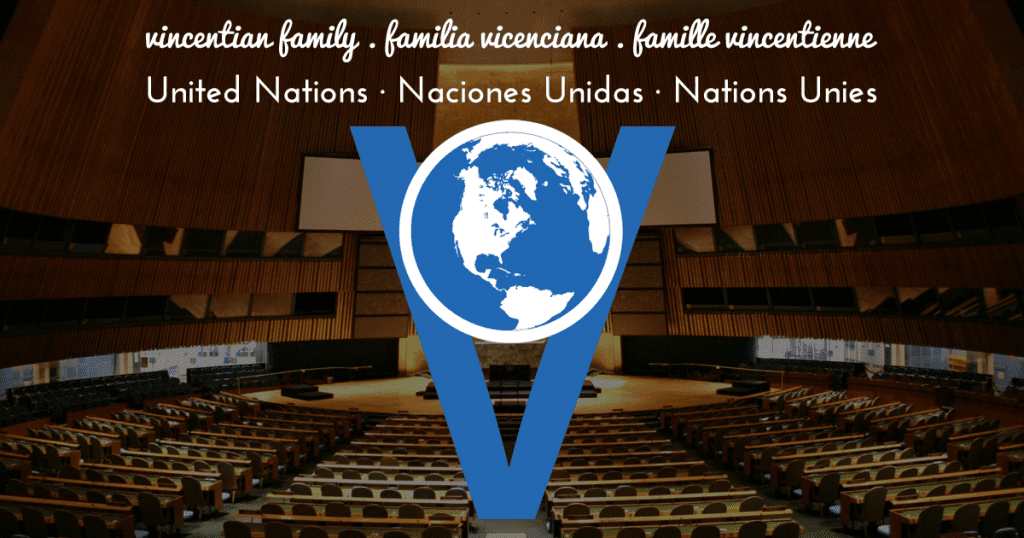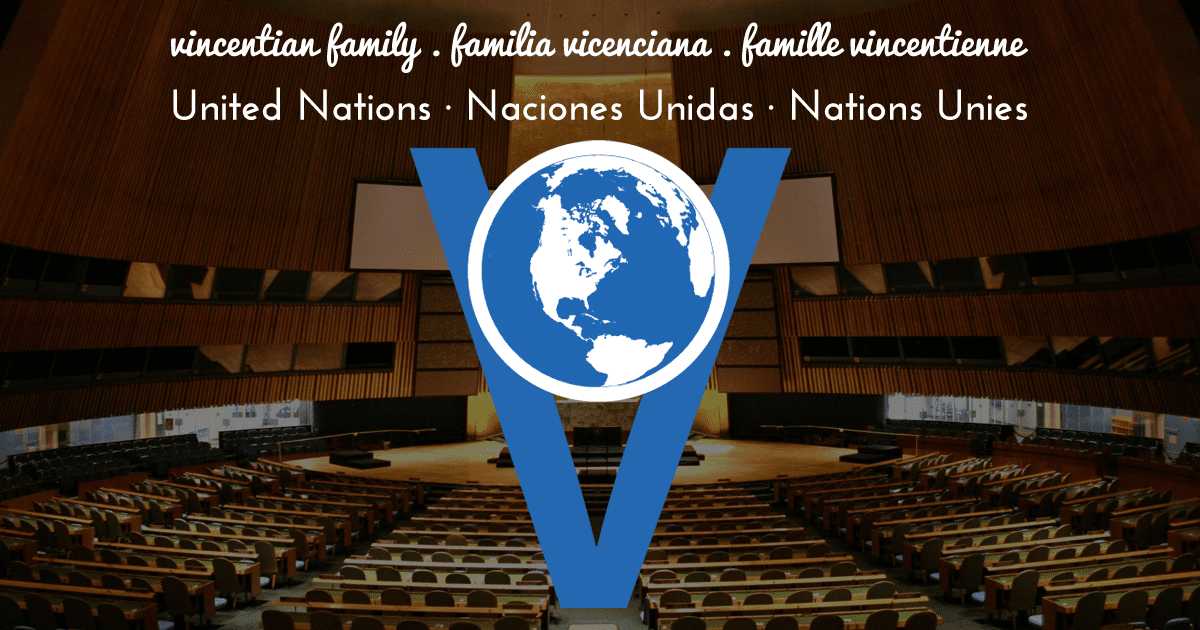Latest Report of Intergovernmental Panel on Climate Change – A Wake up Call
Are we reading the signs of the times and listening to the prophetic voices of Pope Francis and the scientific community to respond to the cries of the EARTH? If we have not, heed the warnings contained in the report published by the Intergovernmental Panel on Climate Change (IPCC) on October 8, 2018. It states that the immediate consequences of global warming are more dire than previously thought. The UN Secretary-General, Antonio Guterres response was, “This report by the world’s leading climate scientists is an ear-splitting wake-up call to the world. It confirms that climate change is running faster than we are, and we are running out of time.”
According to the report, human activities are estimated to have caused approximately 1.0 degree Celsius (1.8 degree Fahrenheit) of global warming above preindustrial levels. At the current levels of warming, the planet is experiencing extreme heat waves, crop failures, unprecedented hurricanes, typhoons, floods, landslides, storm surges and forest fires. “Climate change is having – and will have – devastating effects on a wide range of human rights, including rights to life, health, food, housing, and water, as well as the right to a healthy environment,” says David Boyd, Special Rapporteur on human rights and the environment. This devastation will affect disproportionately people living in poverty in vulnerable parts of the world and have contributed the least to global warming.
 The Paris Agreement on Climate Change (2015) had set a target of keeping global average temperature rise well below 2 degrees Celsius above preindustrial levels. The report notes that global temperature rise is expected to reach 1.5 degree Celsius by as early as 2030s if global warming continues to increase at current rate. Things will get far worse the report says, if the warming is allowed to reach 1.5 degree Celsius (2.7 degree Fahrenheit). Half a degree may not sound like much. At 1.5 degree Celsius 14% world population and at 2 degrees Celsius 37% world population would experience life-threatening heat waves, water shortages, sea-level rise, coastal flooding, species loss, lower crop yields, etc. Even modest amounts of warming may push both human societies and natural ecosystems past certain thresholds where sudden and calamitous changes can occur.
The Paris Agreement on Climate Change (2015) had set a target of keeping global average temperature rise well below 2 degrees Celsius above preindustrial levels. The report notes that global temperature rise is expected to reach 1.5 degree Celsius by as early as 2030s if global warming continues to increase at current rate. Things will get far worse the report says, if the warming is allowed to reach 1.5 degree Celsius (2.7 degree Fahrenheit). Half a degree may not sound like much. At 1.5 degree Celsius 14% world population and at 2 degrees Celsius 37% world population would experience life-threatening heat waves, water shortages, sea-level rise, coastal flooding, species loss, lower crop yields, etc. Even modest amounts of warming may push both human societies and natural ecosystems past certain thresholds where sudden and calamitous changes can occur.
Nations have failed to reduce their greenhouse gas emissions for so long. Current government pledges are not doing enough to keep targets below 1.5 degree Celsius. The dangers are no longer hypothetical or remote, but inevitable, without a rapid and drastic push to reduce to zero fossil fuel emissions and remove carbon dioxide from the atmosphere. Global greenhouse gas emissions would need to fall in half in 12 years and zero out by 2050. Limiting global warming to 1.5 degree Celsius is a matter of survival and it is feasible through bold political actions. Deep emission reductions will need to happen in all sectors of society, along with behavioral changes.
Will the world leaders heed the warning and respond with ambition? Are our governments prepared for a paradigm shift in energy production, agricultural practices and transportation? The barriers to fighting climate change are political. The next UN Climate Change Conference (COP 24) taking place in Katowice, Poland in December 2018 is an ideal opportunity for world leaders to make an urgent course correction. They have a moral imperative to act on behalf of people and planet.
Climate Change cannot be tackled in isolation. Focus should be on an economy beyond growth, for the flourishing of all people; to preserve creation for the generations to come; to live in peace and harmony with nature. “We need a ‘climate just’ pathway,” says Mary Robinson, a former UN Special Envoy on Climate Change. The unsustainable patterns of consumption, production and lifestyles have to be changed. Some of the steps for a way forward are:
- Reduce energy consumption
- Reduce transport emissions – use public transport where possible, share rides, walk, cycle
- Increase investments in renewable energy systems
- Increase support to developing countries and Small Islands to be on a sustainable pathway
- Divest from fossil fuels
- Protect forest and plant more trees to remove carbon dioxide from the atmosphere
- Shift to organic agriculture
- Redesign agroecosystems – agriculture uses 70% of all fresh water on our planet
- Change diets – reduce meat and dairy production and consumption
- Reduce food loss and waste; build food sovereignty
- Reduce, recycle, reuse
We all have a role to play, to go beyond what we are committed to as individuals and organizations. While individual choices and actions are important, systemic change requires collective action – create movements in our villages/towns/cities to make an impact. Advocating for change, locally and nationally should be directed to bring the diverse groups together, without polarizing the issue. Use the tools and resources at our disposal, like Laudato Si and the method of Contemplative Dialogue. Focus should be on the existential risk we face together along with the planet. There is no planet B! The time is now to act for a sustainable future.
Click here for the link to the IPCC Report
Watch this video on global warming:
Teresa Kotturan, SCN is the NGO Representative for the Sisters of Charity Federation

Tags: United Nations







0 Comments